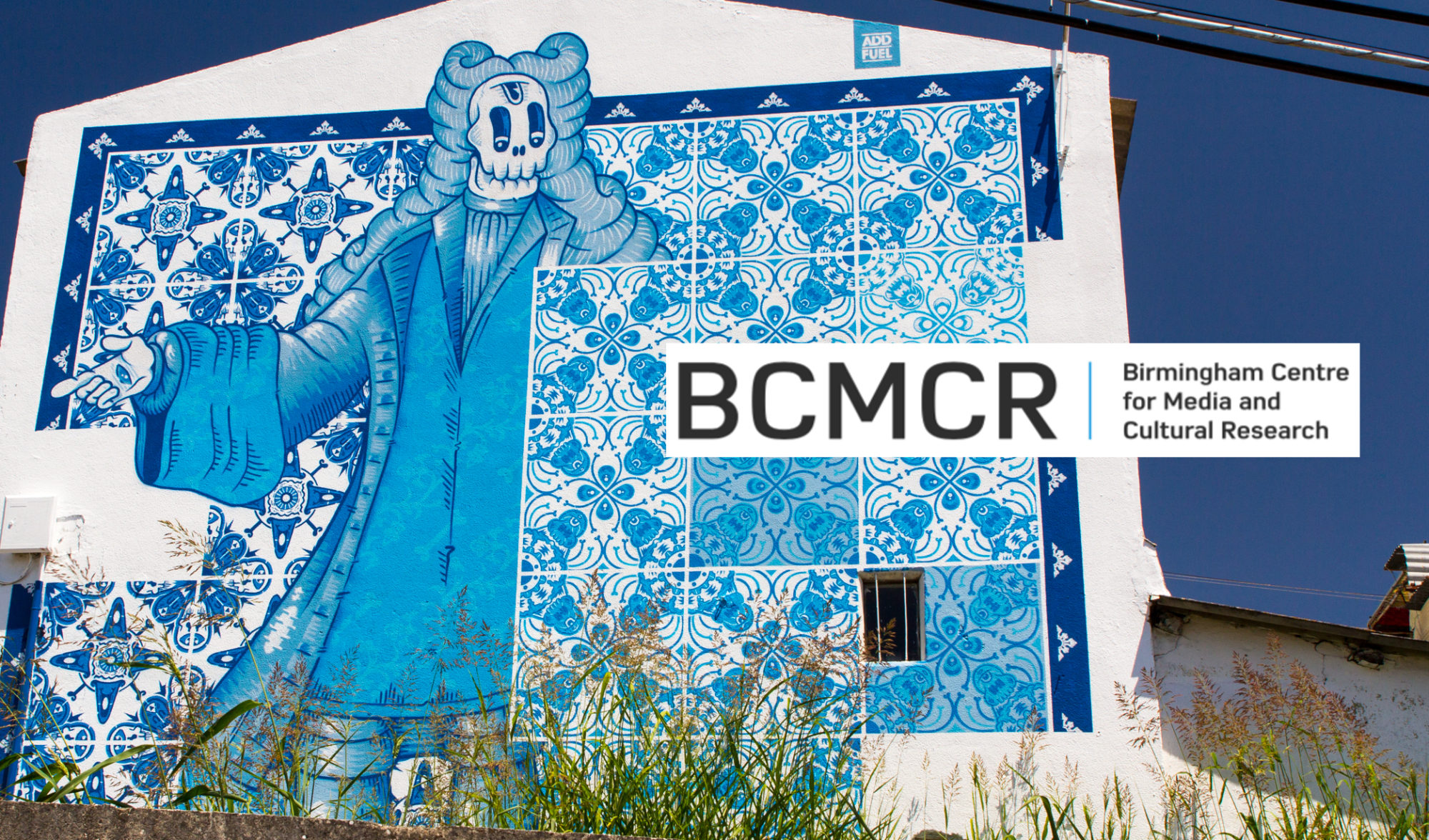Each of the six research clusters at BCMCR have produced a statement on what cultural translation means for researchers in their area. The statement for the History, Heritage and Archives cluster is as follows:
“Cultural translation informs two interrelated strands in the work of scholars in the Histories, Heritages and Archive cluster. First, researchers frequently use and explore how processes of cultural translation interact with the development and circulation of national identities. This can range from videogame history, where scholars explore how Britishness is formed and transmitted by internationally-developed products, to histories of internationalism, where researchers examine how ideas like non-violence are promulgated globally through international conferences. Secondly, the cluster’s work is attentive to the way culture is or is not translated through time. This might mean viewing the archive as a translator, or as facilitating the process of translation, or indeed exploring how the archive might be in some ways an obstacle to the ‘temporal’ transmission of culture. Finally, when the archives in question are those not traditionally supported via state institutions, particularly local music archives, questions of cultural translation – what is preserved, what is lost, by who, for who – take on a pressing political exigency.”
You can find specific examples of research from History, Heritage and Archives scholars at BCU here.
